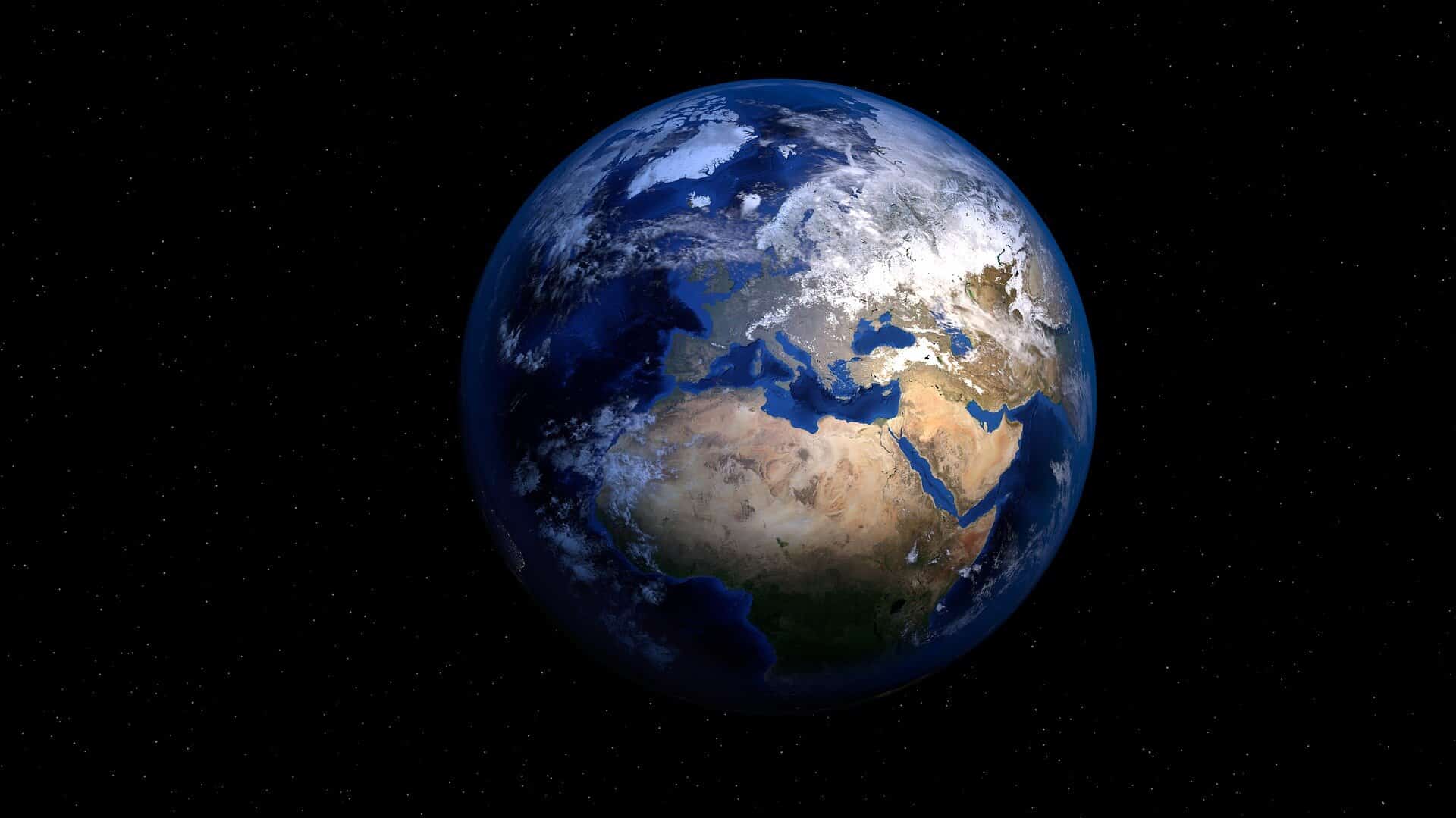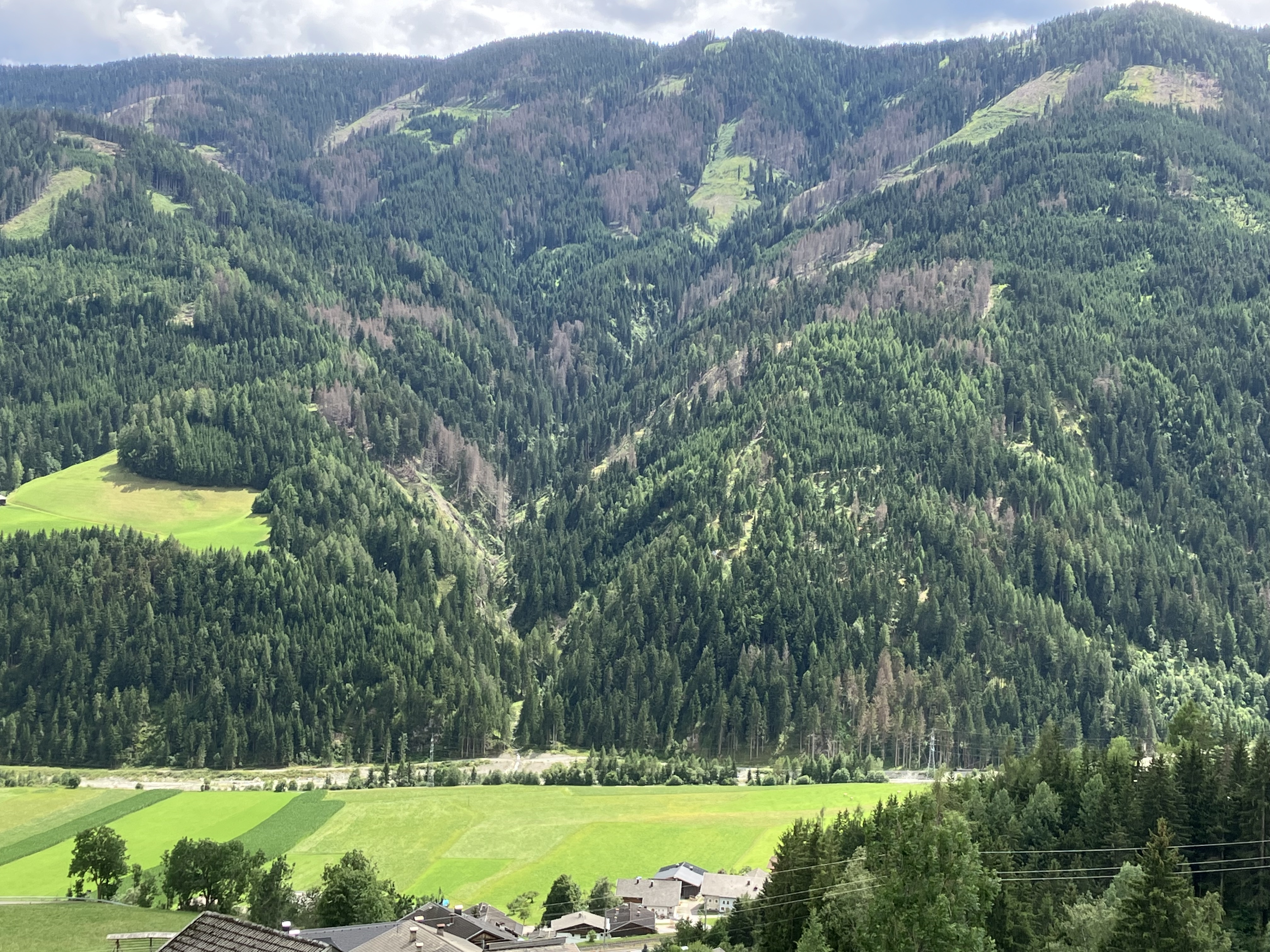UN Talks to End Global Plastic Pollution
A UN member states committee is currently holding meetings in Paris. The main driver behind the meetings is the global plastic pollution that needs to be stopped. A treaty is going to be negotiated between international governments.
Intergovernmental Negotiating Committee for Plastics
An Intergovernmental Negotiating Committee for Plastics is in charge of developing the first international treaty on plastic pollution. The treaty is expected to be signed at the beginning of 2025. Until then, the details and outcomes are being negotiated. However, the process of negotiation is long and complicated since it includes almost 200 countries and over 2,000 participants. Of course, with representatives from different countries stepping up for their own ideas and interests, the discussions are expected to be lively and complex.
Plastic Pollution
Plastic is a very short-lived material. That means that it is usually used only for a short amount of time – after which it goes directly to the waste. And if you think it is going to be recycled, you are wrong in most cases. Recycling plastic is more expensive than creating new plastic products, so mostly plastic waste is not recycled and ends up in landfills or in the sea.
Humans produce more than 430 million tons of plastic annually. The plastic that is not recycled may end up in our food chain as well. So, it does not only affect the environment, but ultimately also our own health. If nothing is going to be changed about the way we use and produce the material, plastic waste produced globally is set to almost triple by 2060, according to the Organisation for Economic Cooperation and Development.
To be continued…
The first meeting of the committee was already held six months ago in Uruguay. However, until now, no draft treaty has been set up and time is running out. Some countries push for an international, legally binding treaty while others prefer regulations adapted to each individual country. The initial draft should however be presented at the third meeting in order to discuss its details.
If there’s no text to negotiate, you’re just continuing to share ideas. Then because of the timeline, we could be looking at an early failure.
If the committee does not move forward, it might not make it by the end of 2024.









